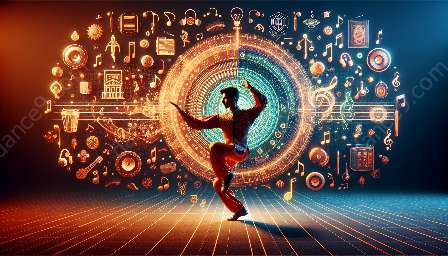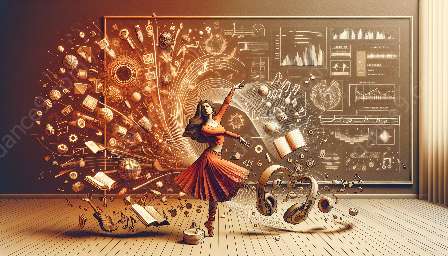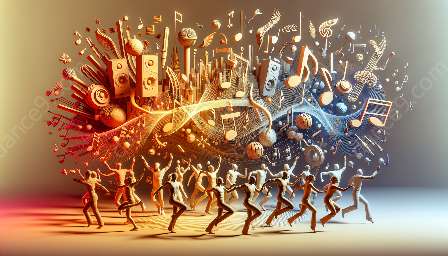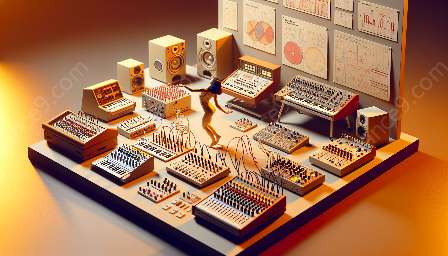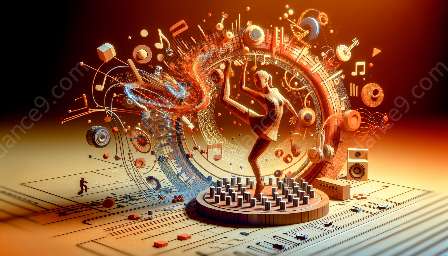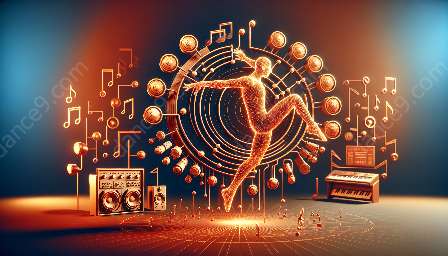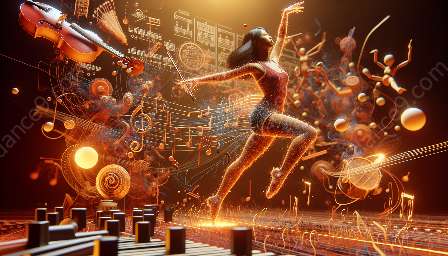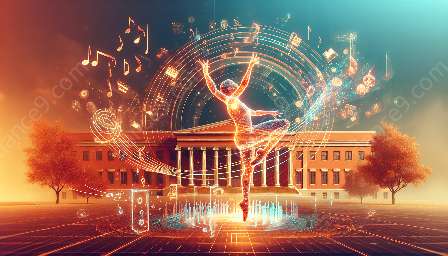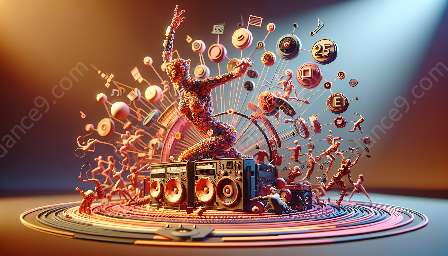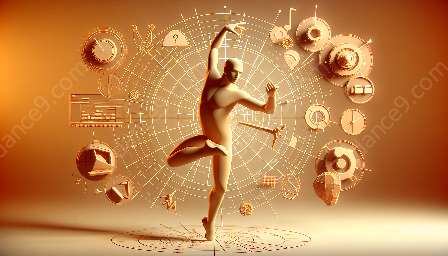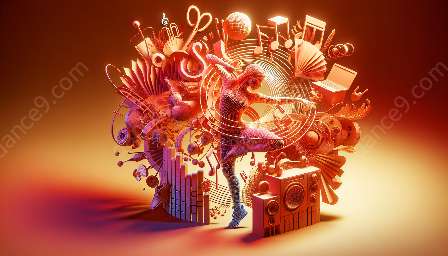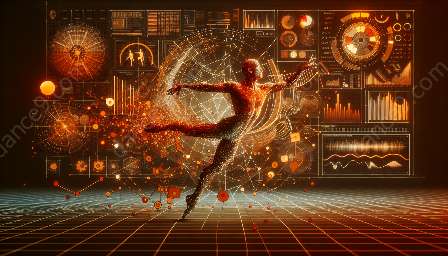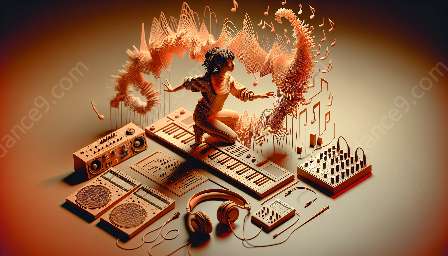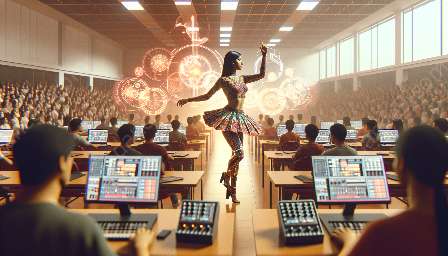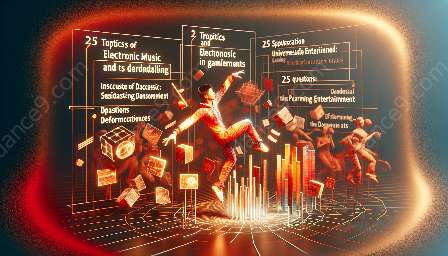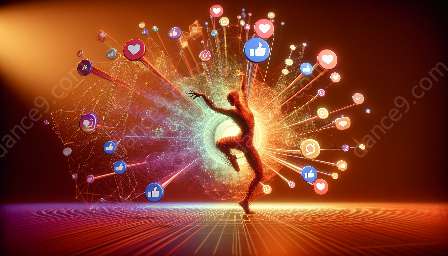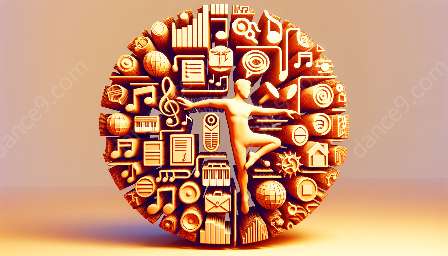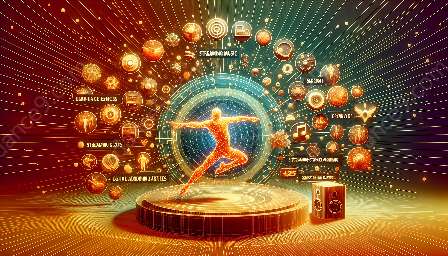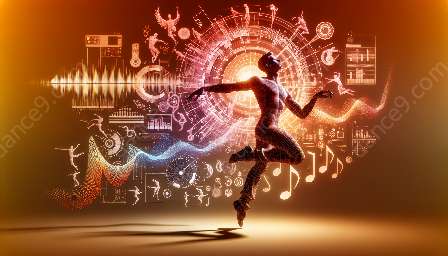Electronic dance music (EDM) has been at the forefront of innovative technological advancements in music production and performance. With the rise of artificial intelligence (AI) in various industries, including music, the ethical implications of using AI in EDM have become a topic of significant interest and concern. This discussion will delve into the ethical considerations surrounding the integration of AI in the production and performance of electronic dance music, particularly its impact on key genres and the dance music industry.
The Rise of Artificial Intelligence in Music
Artificial intelligence has rapidly evolved and found its way into various aspects of music creation and performance. In the context of electronic dance music, AI technology has been utilized in multiple ways, such as generating melodies, creating complex rhythms, and even simulating the sound of different musical instruments. The use of AI in music production has resulted in increased efficiency, creative possibilities, and the ability to analyze vast amounts of musical data.
Impact on Key Genres of Dance & Electronic Music
The integration of AI in EDM has had a profound impact on key genres, altering the way music is created, performed, and consumed. Genres such as techno, house, trance, and dubstep have all been influenced by AI-driven music production tools. AI algorithms can analyze patterns and trends within specific genres, leading to the creation of music that aligns with the characteristics and aesthetics of these styles. This raises questions about the authenticity and originality of music produced with AI, as well as the potential loss of human touch and emotion in the creative process.
Influence on Creative Expression
One of the ethical implications of AI in EDM is its influence on creative expression. While AI tools can assist artists in generating musical ideas and arrangements, there is a concern that reliance on these technologies may stifle the individuality and unique voice of musicians. Moreover, the use of AI-generated content raises questions about intellectual property rights and ownership, as well as the blurred line between man-made and machine-generated artistic works.
Ethical Considerations in the Dance Music Industry
Within the dance music industry, the integration of AI raises ethical considerations related to job displacement, as the automation of music production tasks may lead to the diminishing demand for traditional roles, such as session musicians and arrangers. Additionally, the accessibility of AI tools may contribute to a saturation of formulaic music, potentially overshadowing emerging talents and diverse creative expressions.
Social and Cultural Impact
AI-generated electronic dance music has implications beyond the artistic sphere. The saturation of AI-produced tracks in the market could dilute the cultural significance and emotional resonance traditionally associated with dance music. Furthermore, the use of AI in live performances raises questions about the authenticity of the experience for audiences and the extent to which AI can replicate the energy and spontaneity of human performers.
Exploring Ethical Guidelines and Regulation
Given these implications, the dance music industry may need to explore the development of ethical guidelines and regulations regarding the use of AI in music production and performance. This could involve transparency in acknowledging AI-generated content, ensuring fair compensation for human creatives, and establishing mechanisms for the protection of original artistic contributions.
Conclusion
The integration of artificial intelligence in electronic dance music production and performance presents both opportunities and ethical challenges. As AI continues to shape the landscape of EDM, it is essential to critically examine its impact on creativity, authenticity, and the cultural significance of dance music. Balancing technological advancements with ethical considerations will be vital in preserving the artistic integrity and human connection within the ever-evolving realm of electronic dance music.



